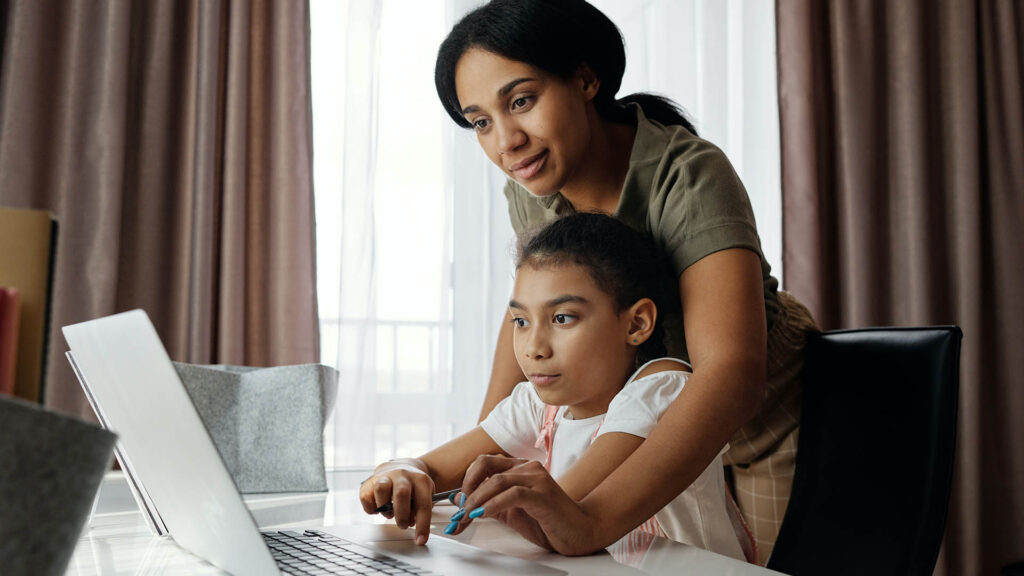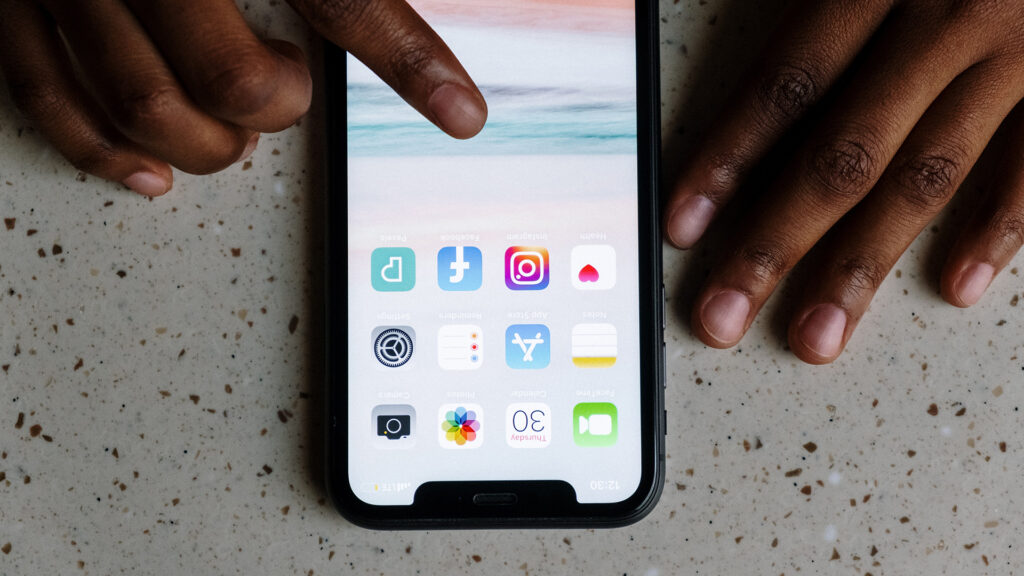With virtual learning revving up again, many students and teachers will surely face technological issues while they’re trying to learn online. Some don’t have devices, some don’t have a steady internet connection, if at all, and some don’t even have electricity. The reality is that many students simply don’t have the tools to facilitate learning online in Jamaica.
Students and schools may not be able to afford the tools needed or these tools just aren’t available to them because of the geographic area they’re in. Many people in rural areas are struggling with access to basic utilities like water and electricity, so, requiring internet access is really pushing it for them.
Personally, I don’t see the schools going back to face-to-face learning anytime soon. And even if they do, not all of them will be able to attend for various reasons rooted in the pandemic.
I really don’t think many people know how students have suffered since the start of this whole crisis. Bless those who actually could access an online environment, but it must have been heartbreaking for those who couldn’t.
Finding solutions to these issues isn’t as easy as you’d think. The solutions have to be realistic. Jamaica isn’t Singapore, Norway or the Arab Emirates. We have major developmental limitations and technology is a huge part of that.
But here are some ideas I’ve thought of that may help to bridge the gap for online learning. Especially for primary and secondary students.
I’m no expert strategist or seasoned politician but maybe what I have to say could help develop other practical solutions.
Set up designated hotspots
I’ve seen many people on social media setting up camps in their communities to assist students who aren’t able to participate in online learning. They provide them with a space to access the internet or they function as tutors since they aren’t in a position to offer them internet access. Both are noble shouts. But they can do so much and no more.
Bandwidth would still be an issue for them since so many people are on at the same time. Classes may lag or they may not be able to get access at all. So, why couldn’t this idea be invested in and developed to help students.
Learning stations could be set up strategically to allow students to participate in online learning. Providing a space with electricity, internet and loaner devices for those who don’t have regular access to them could go a long way. And of course social distancing protocols and sanitation initiatives should be strictly observed.
The spaces could also include sections for face-to-face learning where possible. Being a realist I know that we may not have the resources to fund these spaces for all students. So we can mix it up. One section for online and another for controlled face-to-face interaction.
Stations should of course have a quota and a shift system if needed. So maybe the students that go online today do face-to-face sessions tomorrow. It could also be that, depending on the size and need of the community, all students can’t visit the station everyday.
But, students at home shouldn’t be left to their own devices. Provide printable worksheets and study materials for the days students are at home. Parents, teachers and any volunteers can pitch in to help the initiative.
We always hear that it takes a village. In times like these we can put the saying to the test.
Let parents who are willing to pitch in help out
This is similar to my first idea, if you think that one’s too far fetched and risky with the pandemic. Make it more intimate, and use parents.
Some parents are real heroes when it comes to helping the other children around them. Parents of children in the same school or even in the same community could be allowed to set up spaces in their homes for children to participate in online learning.
I’m not asking people to cram two dozen students into their houses, but anything that can help is worth considering. As long as it’s controlled and safe, why not? Some children need all the help they can get including the supervision a parent provides.
The presence of an adult invested in their education goes a long way. It doesn’t need to be a teacher. Some students just need to know someone is present to ensure they concentrate and get work done.
Learning online in Jamaica would be better with some more help from corporate entities
Donations from corporations would be amazing. So, if anyone high up on the food chain is reading, it would be nice if you brought this up at the next meeting.
When I say corporate Jamaica I don’t just mean utility providers like JPS, Digicel or Flow – even though they would be ideal. I mean any corporation willing to set up partnerships and lend a hand.
Utility companies could provide buses equipped with internet and generators to help with any of the two previous suggestions. Even if it’s on a football field, in a community center or in a church.
Corporations could provide utilities, devices, and infrastructure – like tents, chairs and desks. Even lunches or refreshments for students who wouldn’t usually be able to afford lunches to refuel to learn.
It may be a pricey solution, but it’s a great thing to do. Plus the more corporations hop on, the less it would cost each company.
I don’t have all the answers. I’m just trying to share some ideas that may spark big initiatives. Some of us take the small privileges we have for granted – forgetting those who dream of having half of the privileges we do. So, helping however we can is important, even if it’s pushing the conversation.
If the children are our future we should really be making every effort to invest in them.





